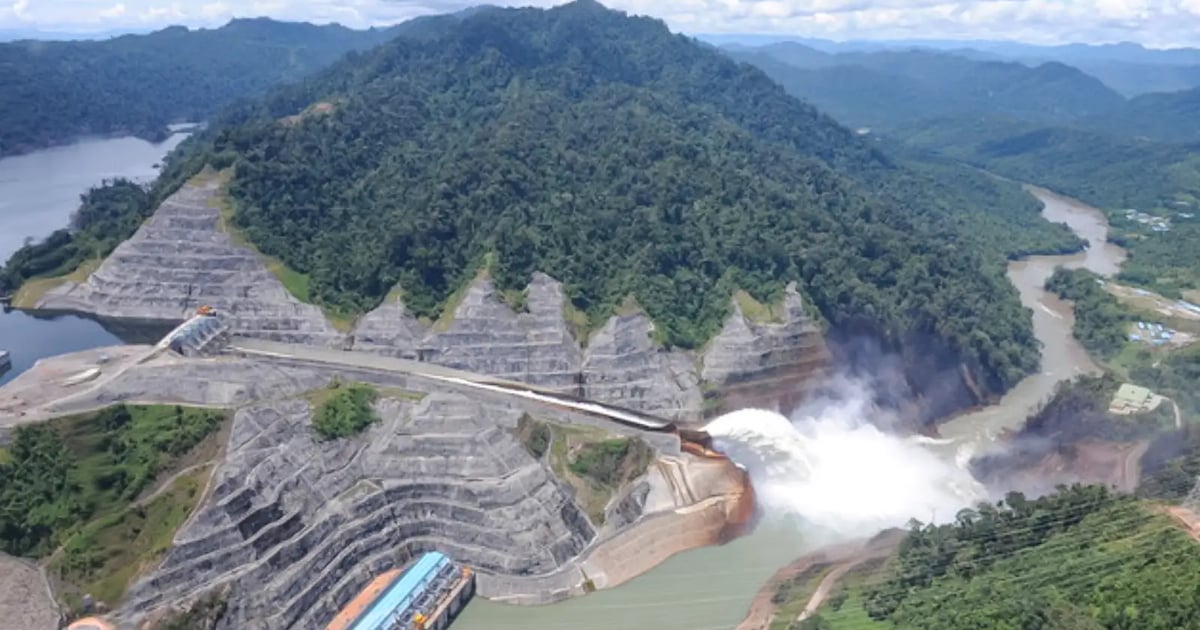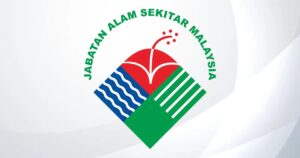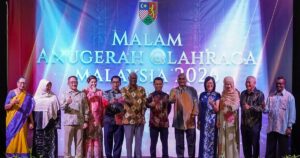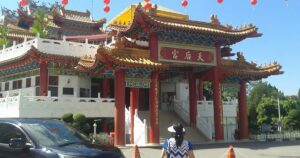
Sarawak’s renewable energy sector is drawing a lot of interest from abroad, but potential inflow of investments may be scuttled by internal shortcomings, according to an economist.
Universiti Malaysia Sarawak (Unimas) senior lecturer Dzul Hadzwan Husaini said investors from Germany, Japan, and South Korea have expressed interest in putting money in the state.
However, immigration hurdles may be holding back the state from fully capitalising on those opportunities, Dzul Hadzwan told FMT.
He said Sarawak’s abundant green energy potential, which is essential for hydrogen production, is the key attraction.

“China now leads in the production of hydrogen because it has a lot of natural resources. Sarawak can similarly dominate in renewable energy production,” he said.
Hydropower, generated through the Bakun, Murun, and Baleh hydroelectric dams, account for most of the renewable energy produced in Sarawak.
State-owned utility company Sarawak Energy Bhd already exports 190 to 200 megawatts of electricity to the Indonesian state utility Perusahaan Listrik Negara in West Kalimantan.
Dzul Hadzwan said Sarawak’s plan to increase its renewable energy output, derived from solar and other clean sources, is not only for domestic use but also for export to other Asean countries.
“This is the factor that is drawing foreign investor interest,” he added.
However, he said, Sarawak’s autonomy over immigration remains a challenge for investors.
Violet Yong, DAP’s assemblyman for Pending, told FMT last month that infrastructure gaps and the lack of coordination among agencies in the assessment and approval process were some of the problems faced by investors.
Dzul Hadzwan noted that Sarawak’s relatively streamlined approval process eases the way in for new investments into the state.
On the other hand, the requirement for those from Peninsular Malaysia to obtain a special entry permit or work pass remained an obstacle.
“This ordinance is to protect our sovereignty, but it has become a challenge (for investors),” he added.
“I understand that there is a need for an immigration ordinance, but the state government should also look into ways to ease the way in for businesses,” he said.
He noted that the need for a special entry permit also applies to spouses of Sarawakians who seek to run their own ventures in the state.
Dzul Hadwan pointed out that with Indonesia’s new capital Nusantara rising “just next door” Sarawak must quickly position itself as an attractive investment destination.
“If you are the first to start a business here (in Borneo), and you position yourself (strategically), you can cater to (demands) from Brunei and Kalimantan,” he added.
He said that with Nusantara emerging, and with it the expected entry of new businesses, it is easier for Sarawak to gain an advantage now when it is still not too competitive yet.






